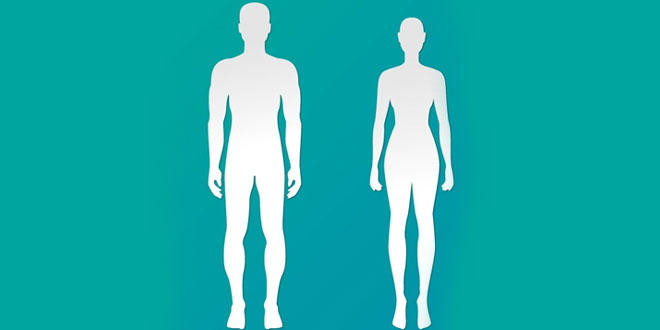Question: How does gender contribute to inequality and discrimination?
Answer: Discrimination and inequality on the basis of gender:
- The gender-based discrimination of women and girls includes the denial of basic human rights to women, the preference of son over daughters, and the use of physical violence against women.
- Women and girls are deprived of equal access to resources, opportunities and political power.
- Female children are often neglected- they receive smaller quantities of less nutritious food and less medical care, and are more likely to be removed from school.
- Gender-based inequality can often turn fatal. In several parts of India, female infanticide and female foeticide are common practices. Such practices show the low value placed on the lives of girls and women. It has led to a situation where, in a large number of places, men outnumber women. In Rajasthan, for example, in 2011 there were only 926 women per 1000 males.
- Inequality is also seen in social attitudes on issues like access to education. Women who make up the majority of the world’s poor, comprise nearly two-thirds of the people who are illiterate.
Question: What is meant by the ‘invisibilisation of a woman’s work? Discuss in detail.
Answer: In traditional societies, little or no value is placed on a woman’s work. Since house chores, like fetching water, gathering firewood or caring for the young or infirm, do not bring in any money, a woman’s work is considered of no importance and is treated as if it does not exist. This is called the invisibilisation of a woman’s work. Even when they work on the agricultural fields, helping their men-folk with ploughing, planting, hoeing and threshing, their work is taken for granted.
Question: What is the informal sector?
Answer: Women who work outside their homes, largely work in the informal sector. The informal sector includes all the small and cottage industries that are not bound by the rules laid down by the government. People work without contracts or benefits like minimum wages, medical care and pension. Therefore, they often work in most appalling conditions.
Question: Write in detail about steps taken to reduce gender bias in India.
Answer: The entire society suffers when women are discriminated against and deprived of basic human rights. The cycle of illiteracy and poverty is passed on from generation to generation. However, the entire society benefits when women are educated and gainfully employed, and when gender equality is promoted and ultimately attained. An educated woman can help educate her children. Today, things are changing slowly but surely.
- Women and girls have access to opportunities that were previously not available to them.
- Primary school enrollment rates for girls have jumped and the educational gap is narrowing.
- Women are entering the labour force in great numbers.
- More and more are part of local bodies like Gram Panchayats and municipalities.
- Several Acts have been introduced in Parliament to bring about gender equality. Thirty-three percent reservation has been introduced in local government bodies.
Question: What is the difference between sex and gender?
Answer:
 Class Notes NCERT Solutions for CBSE Students
Class Notes NCERT Solutions for CBSE Students



Where is the question-what is informal sector?